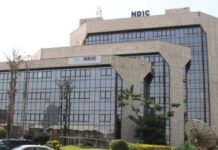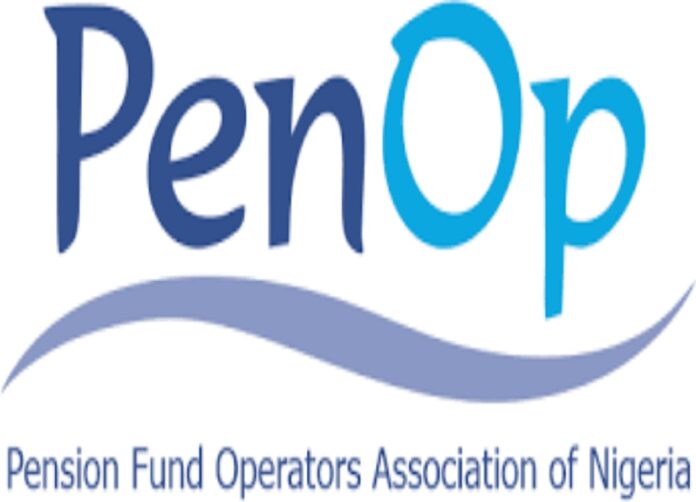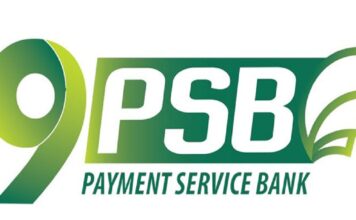Recover Agents, Whistleblower Policy Yielding Positive Results – PenoP
The Pension Fund Operators Association of Nigeria (PenOp) says the deployment of recovery agents and the whistleblower policy by the National Pension Commission (PenCom) is already yielding positive results in Nigeria’s pension scheme.
The Chief Executive Officer of PenoP, Mr Oguche Agudah, at a virtual session on Tuesday, said the sector was already witnessing an increased level of compliance in pension remittance by many employers as a result of the programmes.
The session was tagged “Ask Me Anything” and organised by the operators to create awareness of activities and operations of the Contributory Pension Scheme (CPS) in the country.
Agudah said that before now, there were several cases of non-pension remittance by many employers in the country.
Agudah said that as a result of the strategies adopted by PenCom is yielding results as many employers now are complying unlike before.
PenCom in August disclosed that it has recovered a total of N24.53 billion from 34 defaulting employers who failed to remit deducted pension contributions to their respective Pension Fund Administrators (PFAs) as required by law.
“PenCom goes after these employers using recovery agents when it noticed that the employers no longer contribute and ensure they are fined as well remit the outstanding amount which has not been remitted for their employees,” he said.
Agudah also explained that the Micro Pension Plan (MPP) was solely designed for people in the informal sector, without formal employment, to plan for their future.
He said that contributors under the Micro pension scheme could withdraw up to 40 per cent contingency funds from their Retirement Savings Account (RSA), which defines the flexibility of the scheme.
Agudah also explained the guidelines on 25 per cent of the total balance as the maximum amount an RSA holder could access as equity contribution for a residential mortgage.
He said that even though there were complaints that the amount was little, people have started accessing the money for mortgages.
He advised that “RSA holders can also look at their National Housing Fund as an alternative to augment the amount they can get as equity for a mortgage”.
The chief executive officer urged RSA holders to take advantage of the scheme and become house owners.




























































































